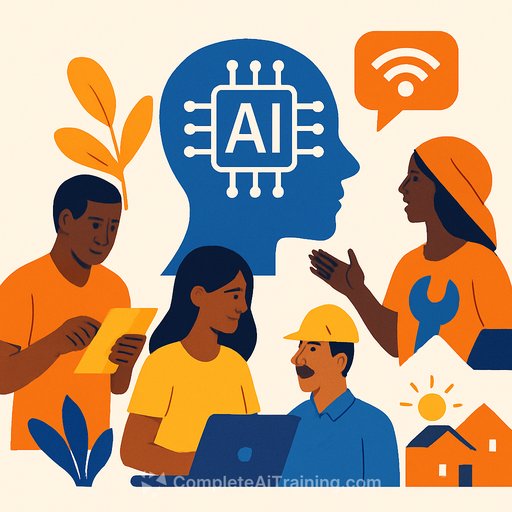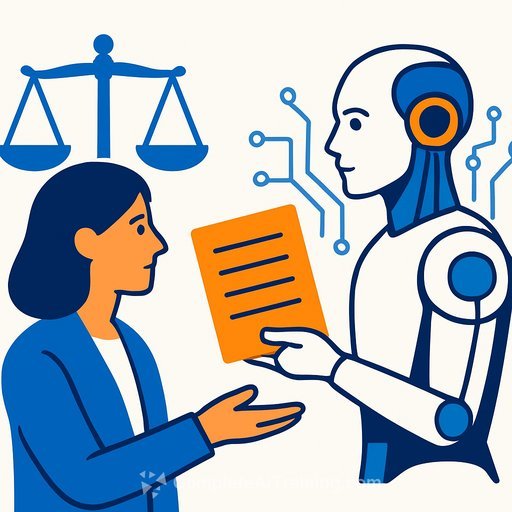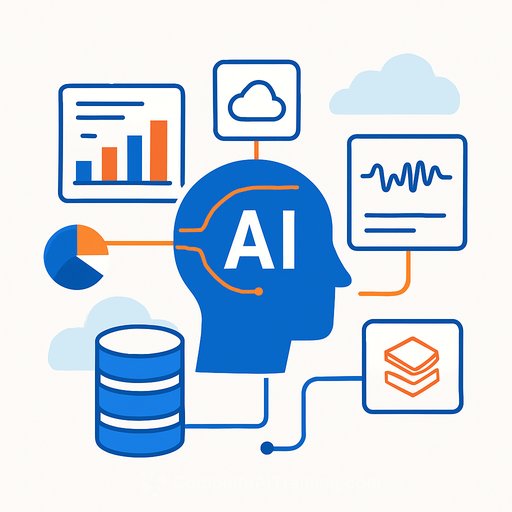How AI is Powering Grassroots Solutions for Underserved Communities
Artificial intelligence has started to give underserved communities a stronger voice. From identifying missing bridges in Rwanda to community-led mapping projects in Nigeria, AI is addressing local challenges that have persisted for decades.
Platforms like Darli, which supports over 20 African languages, have connected more than 110,000 farmers with expert advice, logistics, and financial services. Adapting AI to meet local needs creates scalable public benefits, promotes equity, and lays a foundation for sustainable digital progress.
Mapping the Uncharted: AI for Last-Mile Infrastructure
Many rural areas remain isolated due to missing infrastructure like pedestrian bridges, restricting access to healthcare, markets, and education. Bridges to Prosperity has built over 450 such bridges in 21 countries, including Rwanda and Bolivia. AI is now enhancing this work through platforms like Fika Map and Waternet.
By combining machine learning with satellite imagery, these tools identify optimal bridge locations, map potential beneficiaries, and detect waterway barriers on a national scale. Earlier this year, Bridges to Prosperity reported that AI has helped document more than 75 million miles of previously unmapped waterways, informing government infrastructure plans across East Africa.
What once required lengthy surveys and bureaucratic delays can now be done in months, with transparent impact assessments verifiable by donors and ministries. This approach combines local knowledge with predictive data, speeding up infrastructure development and promoting equity from Latin America to Africa.
Farming in Your Local Language
Agriculture drives many African economies, but small-scale farmers face persistent challenges in accessing knowledge, finance, and logistics. AI offers practical solutions here.
Darli AI, created by Ghana-based Farmerline, is a WhatsApp chatbot providing expert advice on pest control, crop rotation, logistics, and fertilizer use. Supporting 27 languages, including 20 African languages like Swahili, Yoruba, and Twi, it lets farmers communicate in their native tongues.
Since its launch in March 2024, Darli has supported over 110,000 farmers across Ghana, Kenya, and beyond. Recognized as one of the top inventions of 2024, it demonstrates how inclusive design can democratize access to agricultural information and financing. The key lesson: meet people where they are, using familiar platforms and languages to break down barriers of literacy, geography, and cost.
GeoAI and Linguistic Inclusion: Nigeria’s Push for Digital Equity
AI’s role in community empowerment is clear in Nigeria. In Lagos, the Makoko settlement—built on water and often called the Venice of Africa—was excluded from official maps until local residents were trained in high-resolution mapping and drone technology.
This community-driven data now supports advocacy for climate adaptation and improved services. These projects show how GeoAI, which merges geospatial data with machine learning, can help communities control their data and tell their own stories.
Alongside this, the Nigerian Centre for Digitization of Indigenous African Languages developed an AI-enhanced mobile keyboard covering nearly 180 African languages. These AI tools help governments and civil organizations deliver services without excluding those who don't speak global languages. Instead of widening gaps, language-inclusive AI and grassroots mapping strengthen digital inclusion.
Turning Local AI into Lasting Global Impact
When AI reflects local realities, it creates solutions with wider relevance. To fully realize this potential, intentional support systems are crucial.
- Governments and development partners need to build digital and regulatory infrastructure that enables AI adoption in rural and underserved communities.
- Investing in digital public goods—like open-source AI models for health and agriculture—can help democratize access.
- Local funding through blended finance, grants, and public/private partnerships is essential to co-create AI initiatives that address community priorities.
- Development banks and global networks can help reduce risks tied to private investment.
- Training programs must equip local innovators, NGOs, and government bodies with AI literacy and development skills.
- Strong ethical and governance frameworks are needed to ensure community data is used responsibly, building trust in AI solutions.
Networks such as global govtech platforms can connect underserved areas with growth opportunities and global policy discussions. Cross-border collaboration will help replicate successful local AI models throughout the Global South.
For those interested in expanding skills in AI and digital development, exploring targeted courses can provide practical knowledge to contribute to these initiatives. Platforms like Complete AI Training offer curated learning paths suited for professionals in IT and development.
Your membership also unlocks:





